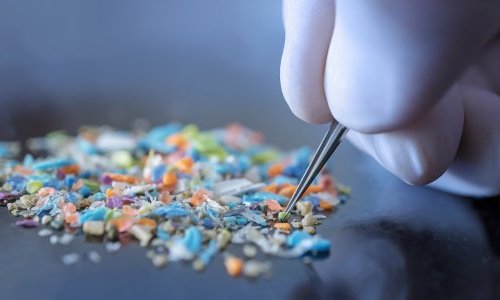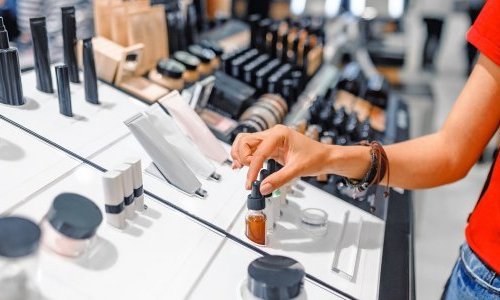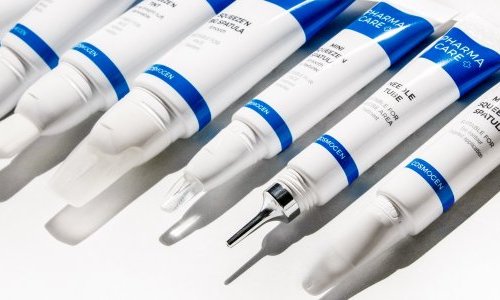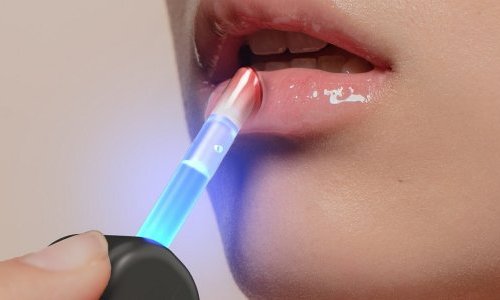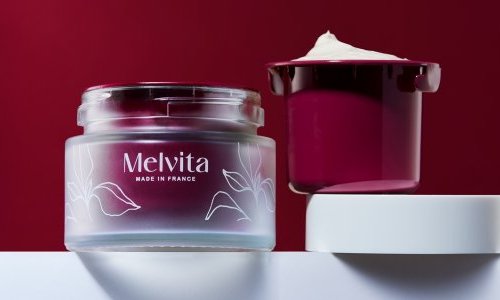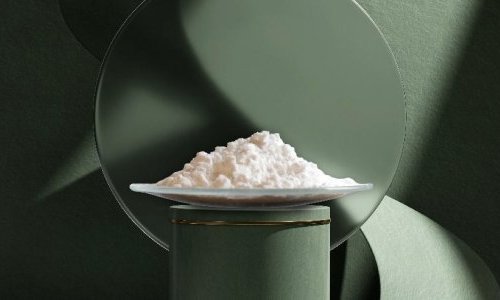
A new report advises that we reduce our use of common everyday antimicrobial products. Photo: © Choreograph / Istock.com
However, the scientists behind the report say the FDA’s decision does not go far enough. "I was happy that the FDA finally acted to remove these chemicals from soaps. But I was dismayed to discover at my local drugstore that most products now contain substitutes that may be worse," said Arlene Blum of Green Science Policy Institute.
In addition to being used in soaps and hygiene products, antimicrobials are found in a variety of everyday products including paints, exercise mats, flooring, apparel, food storage containers, home textiles, electronics, kitchenware, school supplies, and countertops.
Although the report acknowledges that antimicrobials can be useful in certain products, such as paint, they also point out that any health claims about products with antimicrobials are largely invalid. “In personal care products like hand soap, there is no evidence that use of triclosan or triclocarban improves consumer or patient health or prevents disease,” claim the scientists behind the statement.
The scientists add that triclosan or triclocarban “are source of toxic and carcinogenic compounds”, “have detrimental effects on aquatic organisms”, “are endocrine disruptor”. Furthermore, overusing these substances “may contribute to antibiotic/antimicrobial resistance and may modify the microbiome.”
Despite this, sales of products marketed with antimicrobials are expected to rise.
"Customers may think added antimicrobials are a way to reduce infections, but in most products there is no evidence that they do," said Ted Schettler of the Science and Environmental Health Network.
"People think antimicrobial hand soaps offer better protection against illness. But generally, antimicrobial soaps perform no better than plain soap and water," added Barbara Sattler from the University of San Francisco.
The reports by the scientists concluded that non-medical uses of antimicrobials should be reduced, with Rolf Halden at Arizona State University explaining that, "Environmental and human exposures to triclosan and triclocarban are widespread, affecting pregnant women, developing fetuses, and breastfeeding babies. We must develop better alternatives and prevent unneeded exposures to antimicrobial chemicals."
The statement was published while the FDA is in a multi-year process of establishing a new Healthcare Antiseptic Monograph, which regulates the use of most antiseptic hand hygiene agents in healthcare settings, including what are commonly known as antibacterial soaps, hand sanitizers and pre-operative scrubs.



